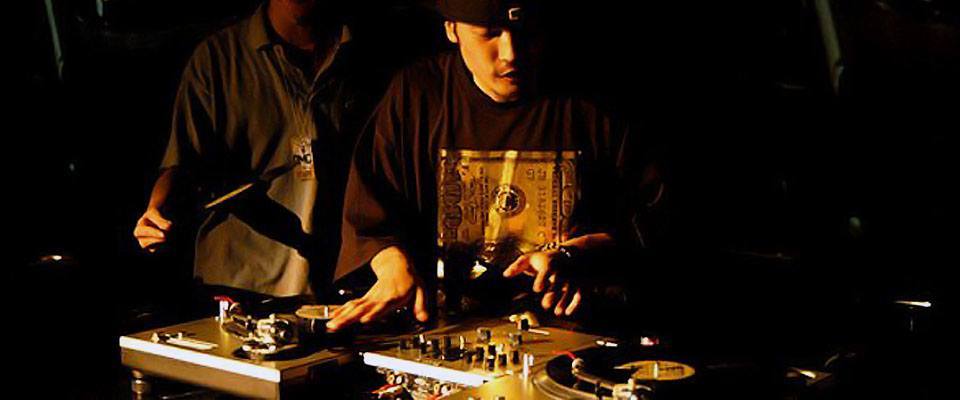
She is particularly interested in the areas of gender inequality, nationalism and transnationalism, and youth/popular culture. When I was approached to write for Mixmag ’s South Asian Series, my first thought, upon looking at the wide range of talent on.

Words: Manu Ekanayake Photography: blackksocks, Yushy. Her scholarship and teaching focus on the South Asian diaspora. Manu Ekanayake speaks to four DJs - and two parents - about how pursuing musical interests has been received by their respective families. She is also Co-Director of SFSU's South Asian Studies Initiative. Analyzing the production of bhangra and Asian Underground music by male artists and its consumption by female club-goers, Bakrania shows that gender, sexuality, and class intersected in ways that profoundly shaped how young people interpreted “British” and “Asian” identity and negotiated, sometimes violently, contests about ethnic authenticity, sexual morality, individual expression, and political empowerment.įalu Bakrania is an Associate Professor of Race and Resistance Studies (RRS) in the College of Ethnic Studies at San Francisco State University. Interweaving ethnography and theory, Falu Bakrania examines the social life of British Asian musical culture to reveal a more complex and contradictory story of South Asian belonging in Britain.

For many, the widespread attention to Asian Underground music signaled the emergence of a supposedly new, tolerant, and multicultural Britain that could finally accept South Asians. The decentralized nature of the internet allows Southeast Asian artists to connect and look to each other for inspiration, rather than to the West or to the. Its success was unprecedented: British bhangra, a blend of Punjabi folk music with hip-hop musical elements, was enormously popular among South Asian communities but had yet to become mainstream. Robert Farris Thompson notes the significance of the break beat.

Asian Underground music-a fusion of South Asian genres with western breakbeats created for the dance club scene by DJs and musicians of Indian, Pakistani, and Bangladeshi descent-went mainstream in the U.K. ascertain the nature of K-pop artists' engagement with black music traditions.


 0 kommentar(er)
0 kommentar(er)
